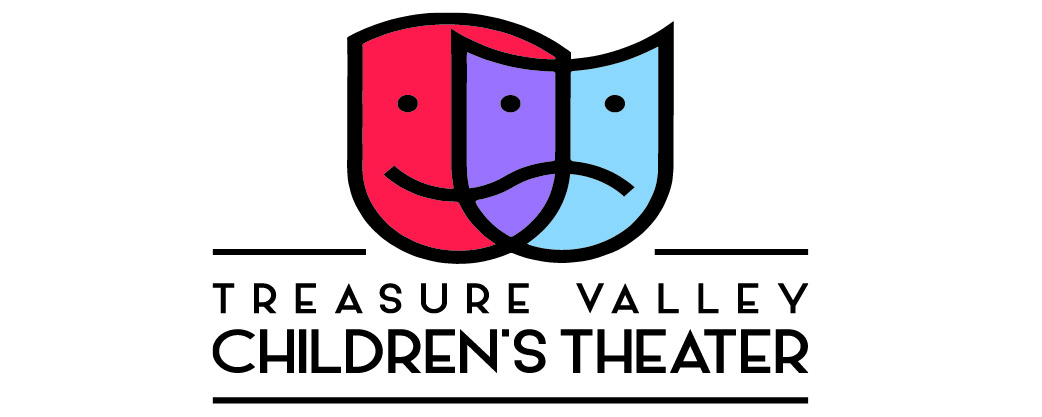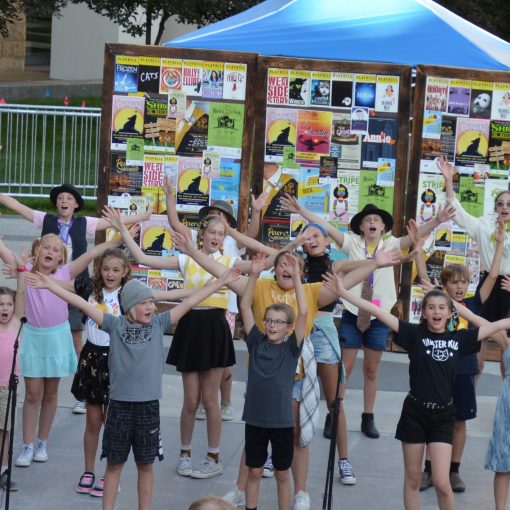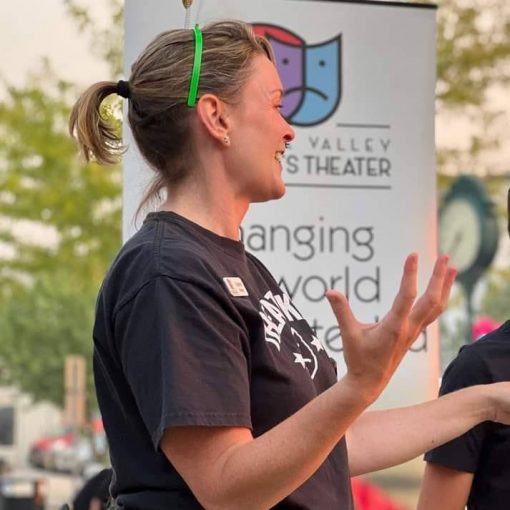
I love seeing transformative theatre. I’m talking about the type of theatrical production that turns everything you think you know about producing a play on its head. I recently experienced transformative theater when I attended the Tony nominated “Curious Incident of the Dog in the Night-Time” now playing on Broadway. I knew nothing about the story. I haven’t read the book and I had no idea what to expect…
I don’t intend this blog post to be a review of the play, necessarily, but I will say, it isn’t for young audiences but it is definitely a must see for more mature theatre enthusiasts.
What I found so transformative about the production was the simplicity of the staging coupled with one of the most unique set, lighting and sound designs I’ve ever experienced in any theater setting.

The play was staged in a dark gray, gridded cube with white boxes. The designers used light, sound and projection to help generate the world of the play.
but the choreographed movement of the actors was what really took my breath away. It reminded me that it is not the job of the theater to create detail – let the audience fill in the blanks…

I had a different experience with the Broadway production of “Finding Neverland,” which I saw prior to seeing “Curious Incident…” Most people are familiar with the story thanks to the recent movie starring Johnny Depp and Kate Winslet. The staged production starred Matthew Morrison (of Glee fame) and Kelsey Grammar (Frasier & Cheers). The set design, lighting and technical elements almost – in my opinion – overwhelmed the story. There was so much detail that it distracted from the story and the acting. For a musical about imagination, they didn’t leave much for me to fill in…
So, how does this relate to the work we do at Treasure Valley Children’s Theater? It would be easy to get discouraged when I see the quality productions produced by companies with more resources. But I’m not. In fact, I’m more motivated than ever to continue to produce theater in the Treasure Valley that challenges our audiences to fill in the blanks with their imagination. After all, isn’t that really the role of theater for young audiences? Isn’t it our job to motivate young minds to see beyond the stage “box” and create their own ideas? I think we’re on the right track.







